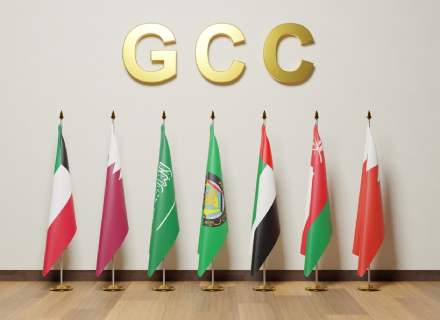According to a recent survey by Teneo, a global CEO advisory firm with headquarters in New York, nearly 65% of GCC decision-makers anticipate that regional progress will continue through the end of 2024 despite obstacles from geopolitical, macroeconomic, and technological disruptions.
There is a noticeable difference between the GCC countries, even though the outlook for regional economic growth is still favourable overall. With 82% and 74% of respondents expressing robust positive sentiment, respectively, Saudi Arabia and the UAE are reported to have strong confidence.
As a result of their cautious outlooks for the future of the regional and global economies, Oman (53%) and Kuwait (54%) are taking a more cautious approach. The main causes of the divergence within the GCC are the disparities in national strategies and the evaluations made by international rating agencies.
Saudi Arabia and the UAE profit from upbeat growth projections from international organisations like the International Monetary Fund, which demonstrate the potency of their economic diversification plans.
According to the survey, which is based on the opinions of 500 senior leaders in the GCC’s public and private sectors, geopolitical instability is still a major worry. Merely 26% of decision-makers stated that their companies are ready for a spike in geopolitical unrest.
The UAE stands out among the GCC nations, with 54% of respondents indicating a high level of readiness, despite the majority of the countries admitting to being ill-prepared for geopolitical instability.
Another significant issue is cybersecurity, which is cited by 25% of respondents as the biggest threat to growth.
Though opinions on the effects of national vision programmes differ throughout the Gulf Cooperation Council (GCC), the majority of Saudi Arabia and UAE respondents (over 90%) were extremely pleased with the effects of Vision 2030 and UAE Vision 2031 on their organisations.
According to the Teneo survey, most Gulf decision-makers are optimistic about the region’s long-term prospects and believe it will establish itself as a significant hub for international business within the next 25 years.

